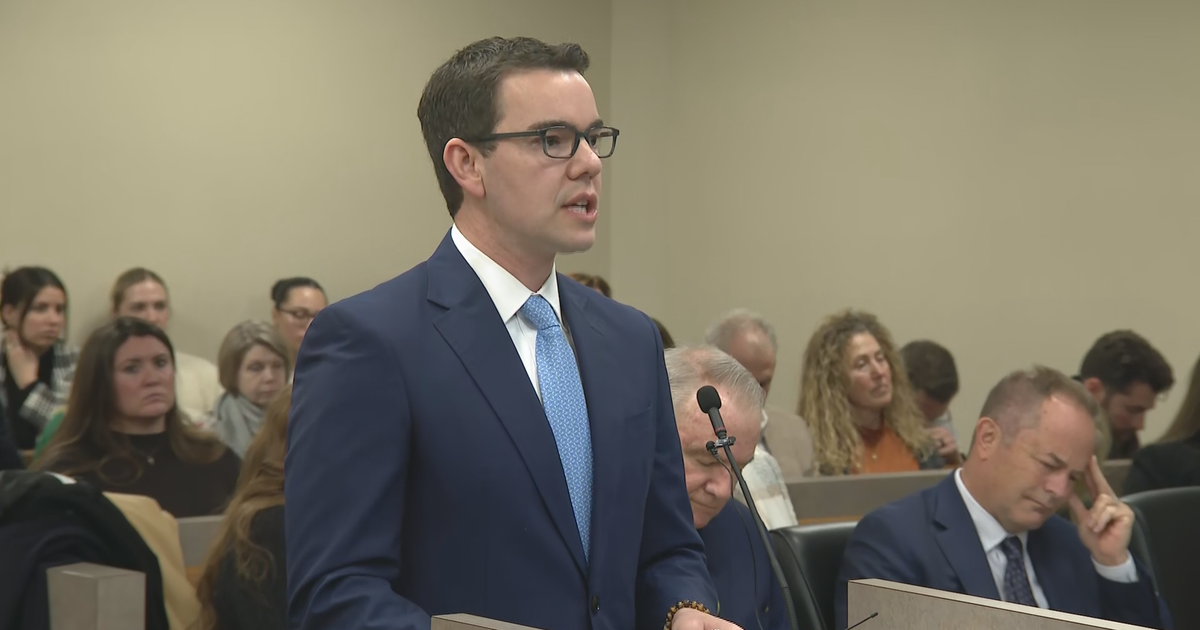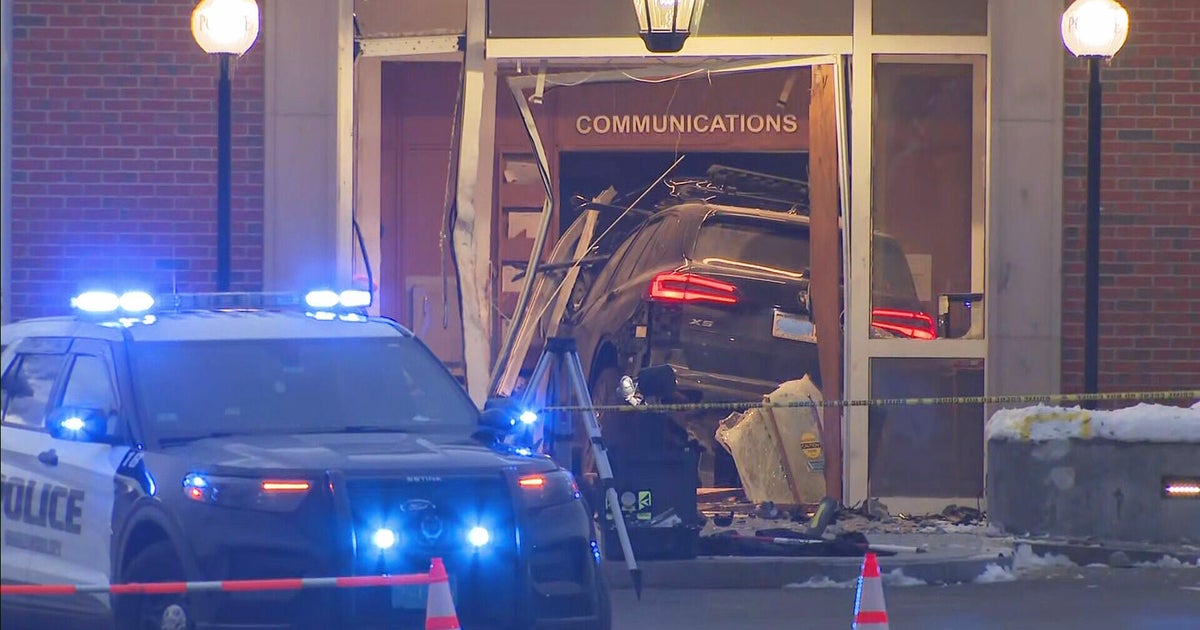NTSB: Bronx Tour Bus Crash 'One Of The Deadliest' Ever Investigated
NEW YORK (CBSNewYork) -- Calling it "one of the deadliest" crashes ever investigated by the National Transportation Safety Board, federal officials said driver fatigue was the cause of a fatal tour bus crash in the Bronx last year.
In a unanimous vote Tuesday in Washington, the five-member board said bus driver Ophadell Williams had almost no sleep in the days leading up the March 12, 2011, crash, saying he only took naps on the bus while passengers were gambling inside a Connecticut casino.
The NTSB also said the bus company, World Wide Tours, was to blame for not providing sufficient safety oversight.
"For tens of thousands of travelers every day, bus travel is safe. But, with their capacity for dozens of passengers, when something goes wrong, as it did in the Bronx that early March morning, the consequences can be deadly," NTSB Chairman Debbie Hersman said.
The wreck happened on Interstate 95 when the tour bus that was on its way to Chinatown from Mohegan Sun in Connecticut, overturned and slammed into a poll. The impact of the crash peeled off the roof of the bus, killing 15 passengers and injuring 18 more.
"This crash, one of three fatal U.S. bus crashes in rapid succession last year, is one of the deadliest crashes the NTSB has ever investigated," Hersman told reporters, including CBS 2's Chris Wragge.
Watch an animation from the NTSB of the Bronx tour bus crash below:
Williams initially claimed a tractor-trailer cut him off, but a preliminary report indicated he was speeding moments before the crash.
"The motorcoach, which had reached speeds as high as 78 mph in the 60 seconds prior to the crash, left the travel lanes to the right, crossed over a paved shoulder, and struck a roadside barrier," Hersman said. "Then, the bus careened nearly 500 feet as it was rolling over onto its right side. It finally collided with a large highway signpost."
Investigators also said Williams' cell phone and rental car were being used almost continuously for three days prior to the wreck during the daytime when Williams said he had been sleeping. His license had been suspended on 18 previous occasions, officials said.
He's been indicted on manslaughter and criminally negligent homicide charges. Williams pleaded not guilty last September.
CBS 2's Wragge attempted to speak with Williams on Tuesday, but he was not available.
Hersman said the NTSB's investigation of the Bronx crash found serious and recurring safety issues in the bus industry, especially related to speed and driver fatigue.
"For years, speed has been a factor in accidents," she said. "And we've seen in investigation after investigation, the tragic results of the degraded performance from fatigue. Together, fatigue and speed are an especially lethal combination."
As Hersman stated, the March 12 crash was one of the first in a series of deadly accidents involving tour buses last year.
After the March wreck, four people were killed in May of 2011 when a Sky Express operated bus returning to Chinatown from North Carolina swerved off the road and overturned on I-95 in Virginia.
The driver of that bus, 37-year-old Kin Yiu Cheung, admitted to police that he fell asleep at the wheel, according to court documents.
After the crash, federal officials shut down Sky Express for multiple safety violations.
Then in June, police said a bus carrying tourists headed to Flushing, Queens, rear-ended a flatbed tractor-trailer on the Pennsylvania Turnpike, killing the bus driver and injuring nearly two dozen passengers.
Then in July, one person was killed and 30 injured in a crash in Waterloo when a New York City-bound Farr's Coach Lines bus was pulling onto Interstate 90 when it was hit in the rear by a tractor-trailer. Both vehicles burst into flames.
On Aug. 3, 2011, a charter bus headed to Trenton from upstate New York was going too fast when it crashed and flipped over. Thirty people were hurt including a woman who was pinned underneath the bus.
The number of fatal crashes last year prompted federal officials to investigate the safety of curbside bus operators as a whole.
As a result, the U.S. Department of Transportation and the Federal Motor Carrier Safety Administration shut down 26 bus operations last week for multiple safety violations.
Hersman said more driver oversight and better speed limiting technology is needed to help prevent deadly bus accidents from happening in the future.
Please share your thoughts below...







